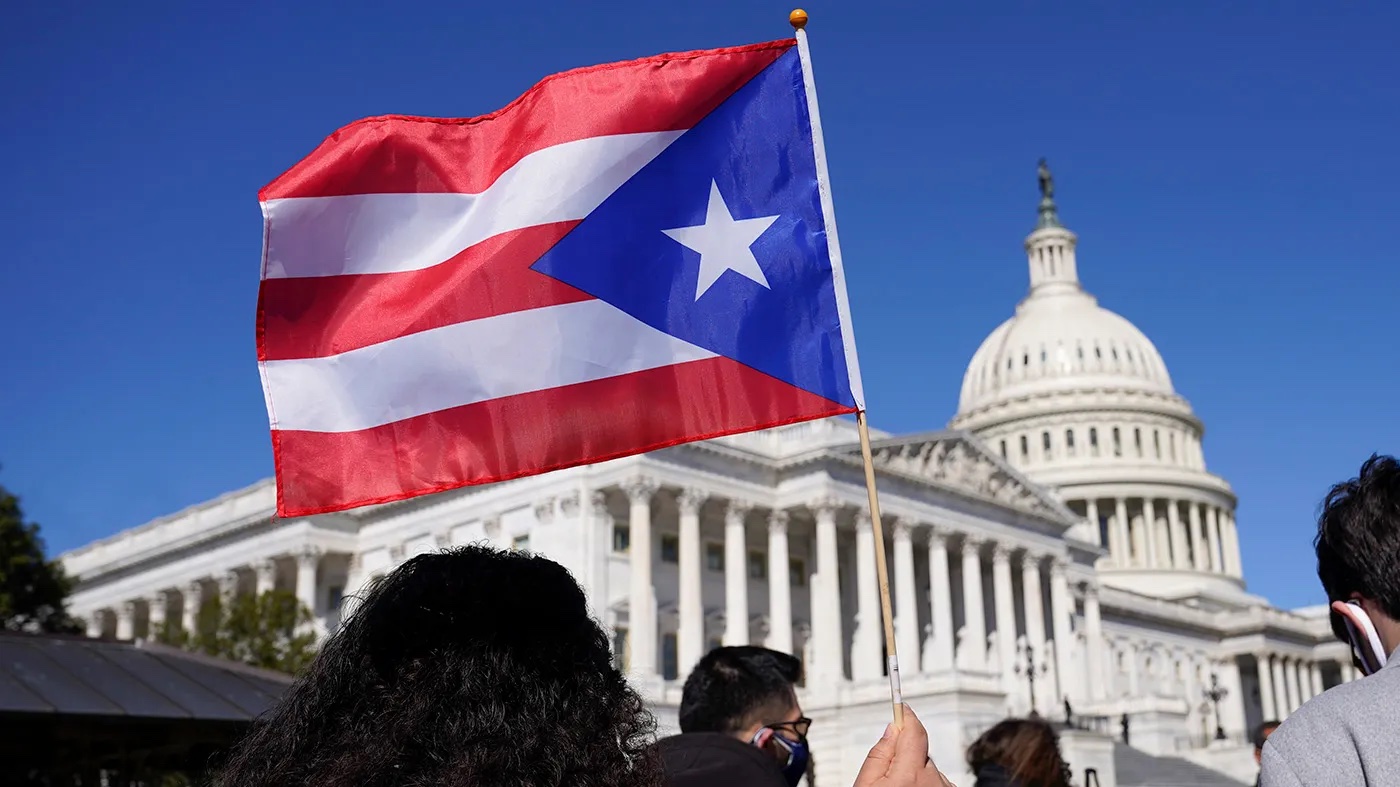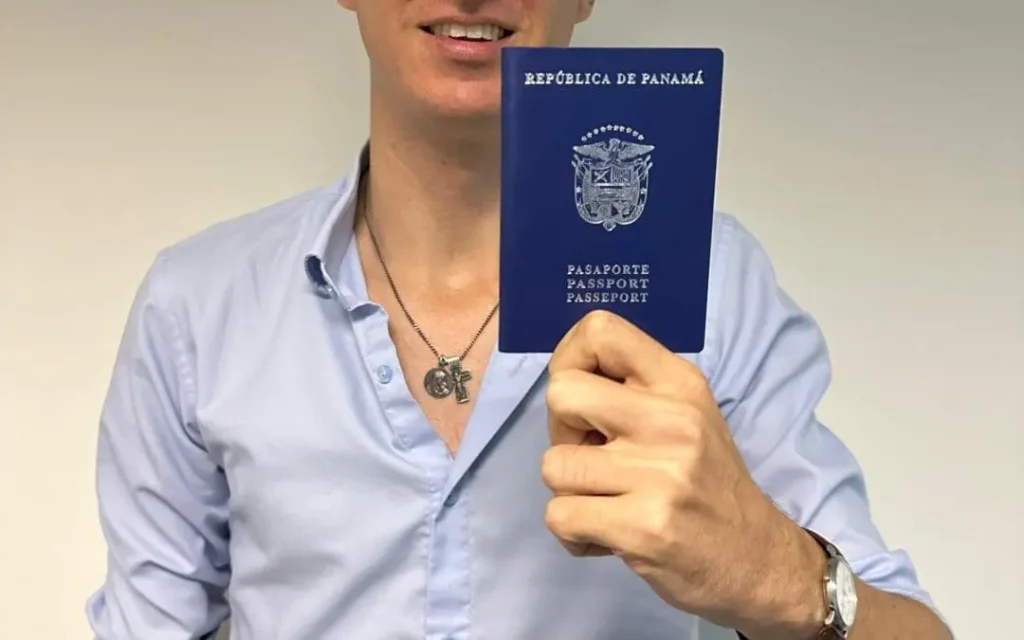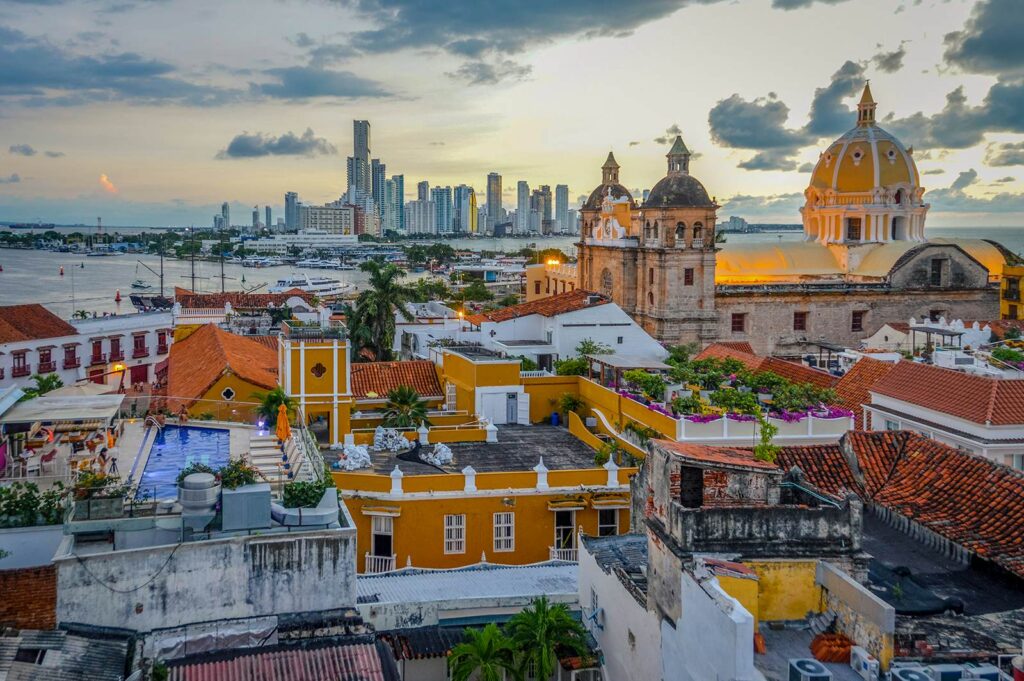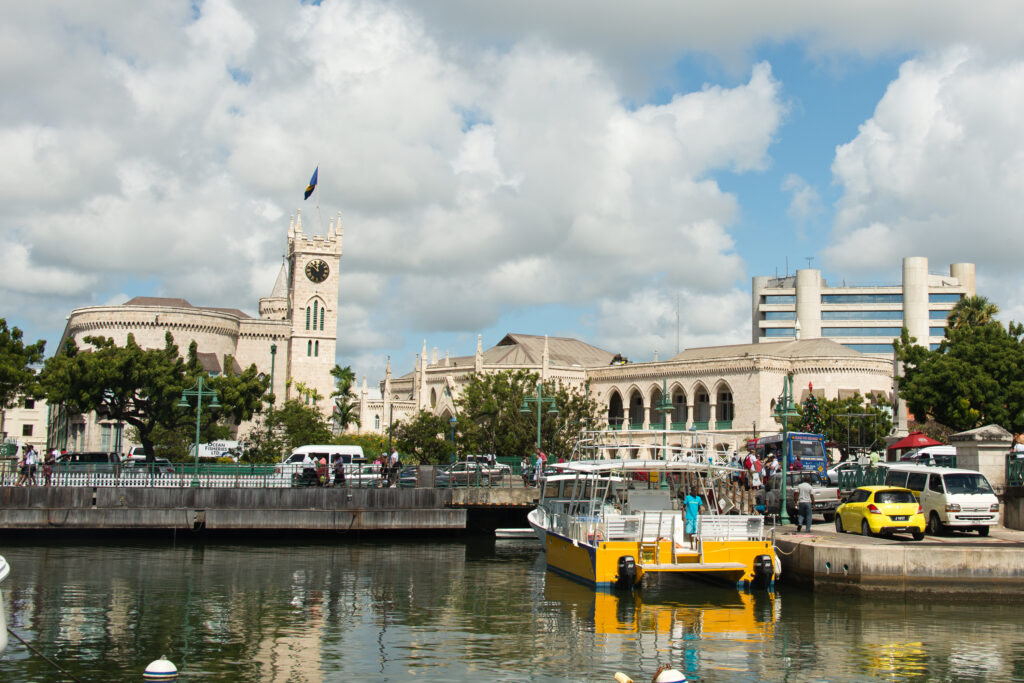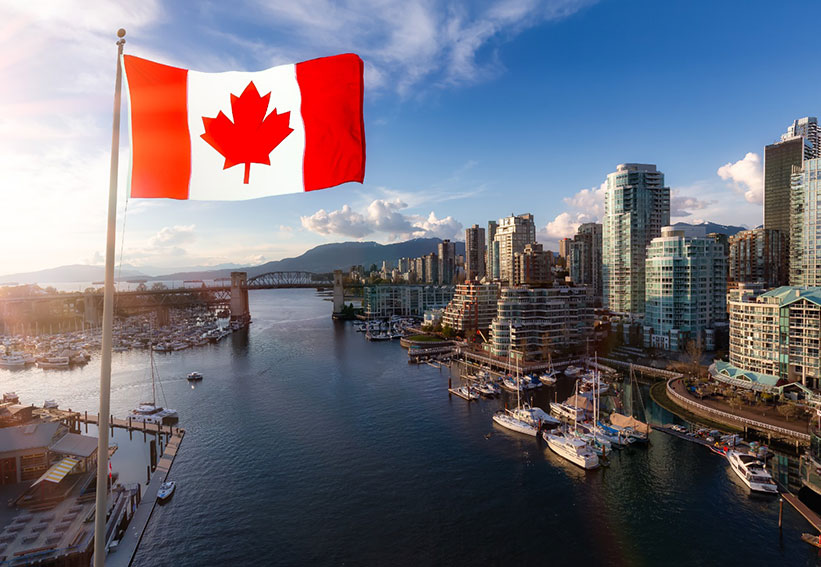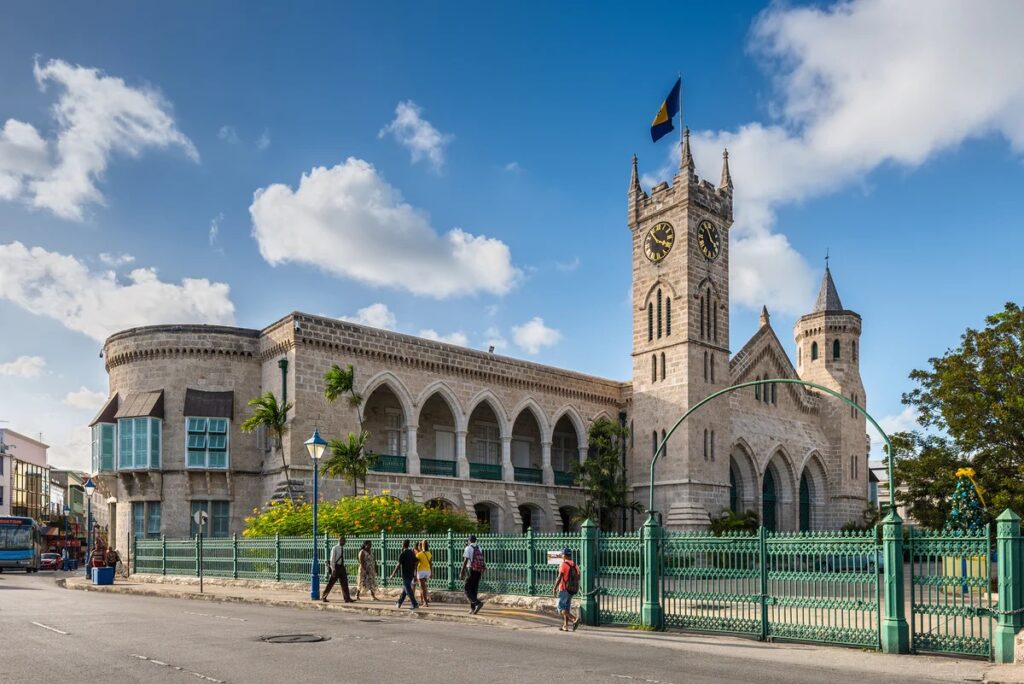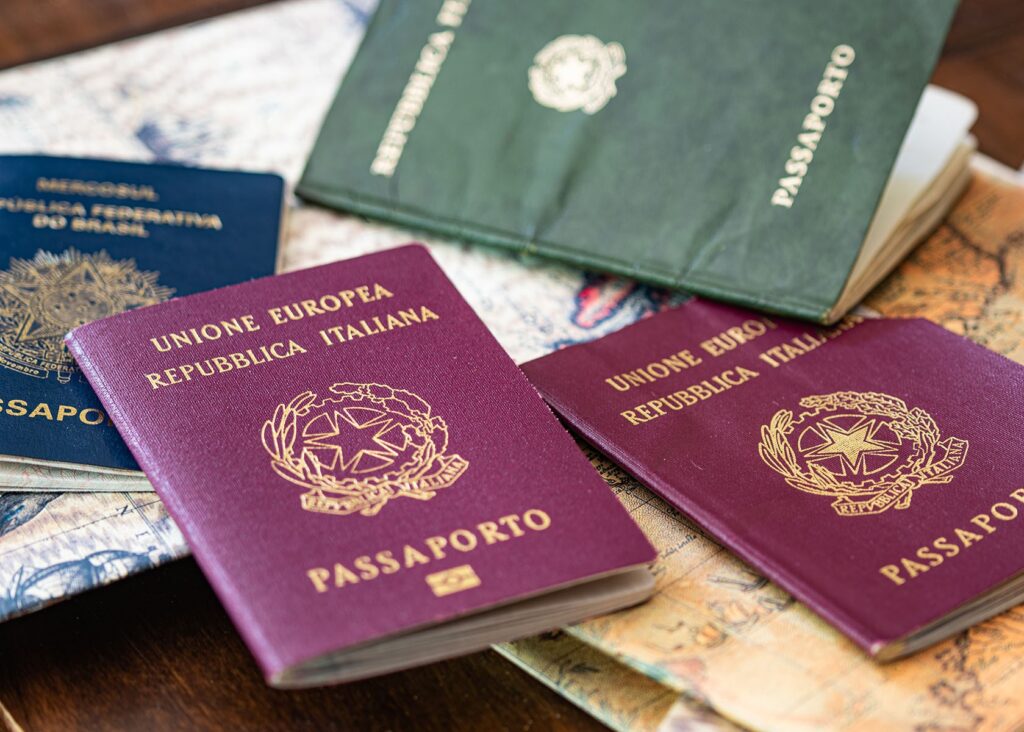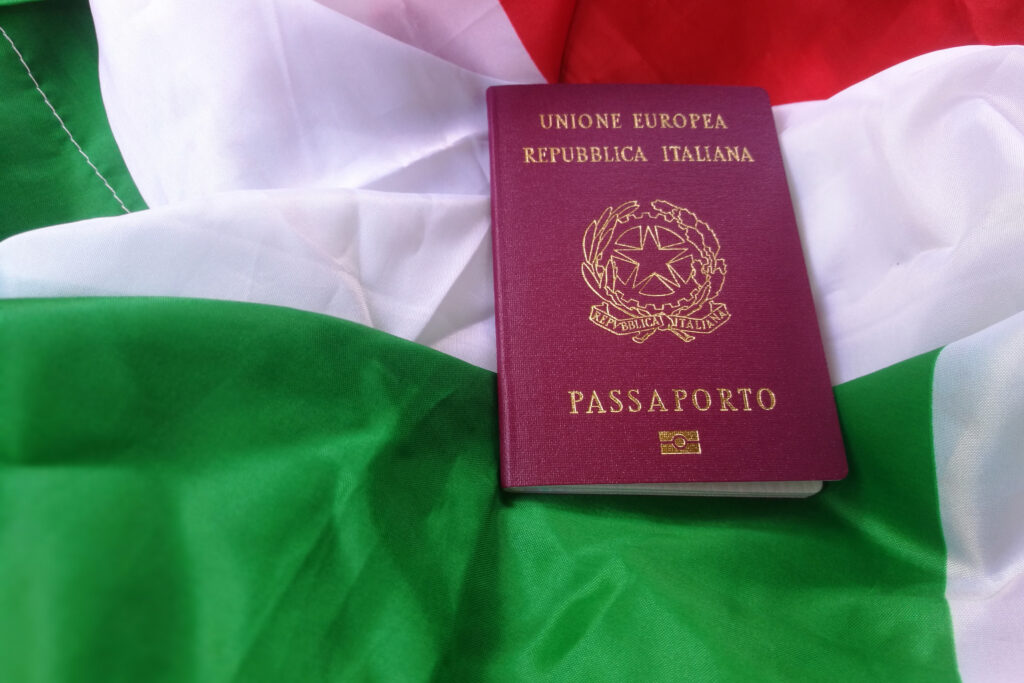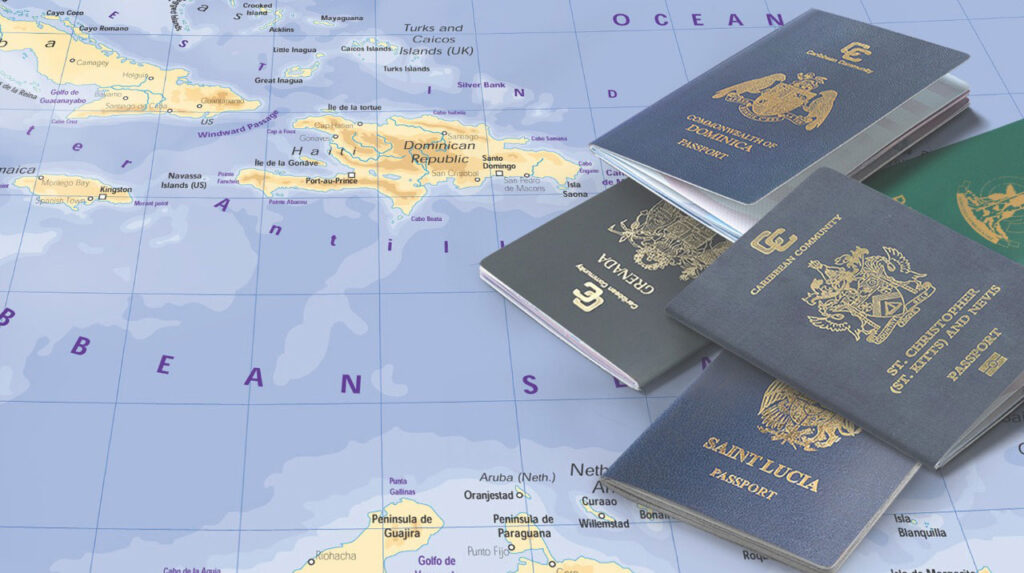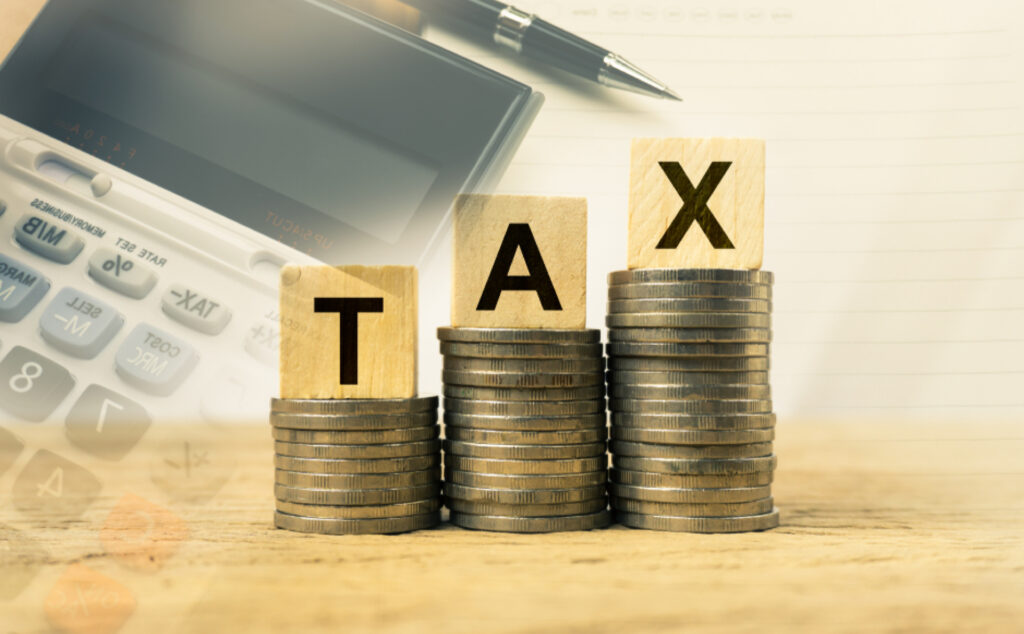Overview
Dreaming of a tropical paradise where your financial dreams can flourish as well? Puerto Rico might be the haven you’re looking for. With its enticing tax incentives, this Caribbean gem is becoming a hotspot for entrepreneurs and investors seeking to maximize their wealth. What makes Puerto Rico an attractive tax haven isn’t just its stunning beaches and vibrant culture. It’s the unique blend of U.S. jurisdiction with unparalleled tax benefits utilizing Act 20 and Act 22. From significant reductions in income taxes to enticing credits and exemptions, there’s a financial advantage for nearly everyone. Let’s dive into how Puerto Rico could be your ticket to fiscal paradise.
Is Puerto Rico Considered a Tax Haven?
When exploring tax havens, you’re diving into jurisdictions that offer foreign individuals and businesses little to no tax liability. They can also offer politically and economically stable environments. Tax havens typically have laws that promote privacy and offer financial advantages not available elsewhere. These jurisdictions attract investors and corporations seeking to maximize their wealth while minimizing the amount they owe in taxes.
Puerto Rico emerges as a unique example within this context. While not a country, its status as a U.S. territory has benefits, especially when considering states with low income tax. Unlike traditional tax havens, Puerto Rico offers a legitimate competitive advantage due to its relationship with the United States. This connection ensures security and stability while providing substantial tax savings.
Here’s what sets Puerto Rico apart:
- Legal Tax Incentives: Puerto Rico’s tax incentives are sanctioned by the U.S., offering a layer of legitimacy not found tax havens.
- U.S. Jurisdiction: As part of the U.S., Puerto Rico provides oversight and safety that’s comforting to investors and entrepreneurs.
- Tax Savings: Beneficiaries of Puerto Rico’s tax codes can enjoy significant reductions in income tax, among other financial benefits.
Understanding the broader concept of a tax haven helps understand Puerto Rico’s unique status. It this reasons that it is attracting more and more investors and entrepreneurs. It’s not just about finding places with low or no taxes. It’s also about the safety, stability, and legality of those benefits. Puerto Rico ticks all these boxes, positioning itself as a compelling option for optimizing their financial strategy.
Why choose Puerto Rico as a tax haven?
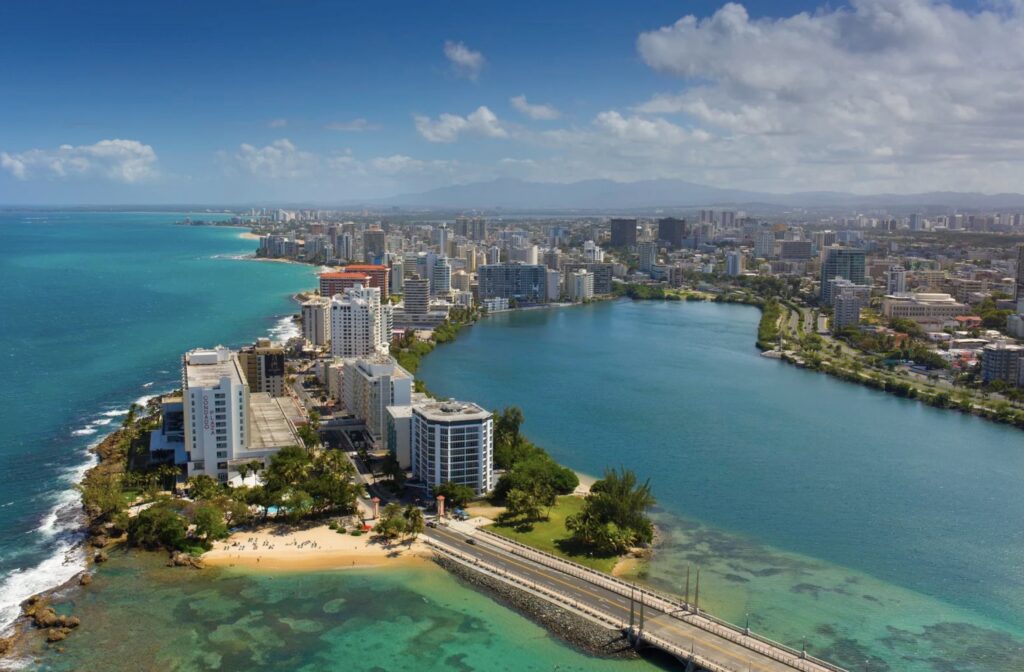
Puerto Rico offers a compelling case for businesses and individuals looking for tax advantages without having to leave the U.S. Unlike states with low income tax, Puerto Rico stands out due to its unique status as a U.S. territory coupled with favourable tax incentives. Here’s why it’s not just any tax haven, but a strategic choice for those looking to maximize their financial strategy.
Tax Incentives in Puerto Rico
Puerto Rico’s tax incentives are designed to attract investment and promote economic growth within the territory. The local government offers a variety of tax credits and exemptions that significantly reduce tax burdens investors. This is especially true for eligible businesses and individuals. Due to its status, Puerto Rico can offer tax incentives not available in the 50 states, providing a unique advantage.
Act 20: Export Services Act
Act 20, the Export Services Act, is a game-changer for businesses looking to optimize their tax strategy. This act encourages companies to relocate or establish themselves in Puerto Rico to engage in services exported outside the territory. Under Act 20, qualified businesses enjoy a 4% corporate tax rate, which is significantly lower than the U.S. mainland’s federal corporate tax rate. In addition, dividends from earnings and profits derived under Act 20 are not subject to local taxes in Puerto Rico.
- Benefits of Act 20:
- 4% corporate tax rate
- 100% tax exemption on dividends
- Access to U.S. markets without the federal taxes
Act 22: Individual Investors Act
For individuals, Act 22 offers an equally attractive proposition. Officially known as the Individual Investors Act, it targets new residents of Puerto Rico with substantial tax exemptions. This has encouraged a large influx of investors and entrepreneurs from the mainland and aborad. By moving to Puerto Rico, eligible individuals can benefit from 0% tax on dividend and interest income and 0% on capital gains realized after becoming a resident. This makes it an unparalleled option for investors looking to maximize their after-tax return on investments.
- Key Highlights of Act 22:
| Benefit | Rate |
|---|---|
| Tax on Dividend & Interest | 0% |
| Tax on Short & Long-term Capital Gains | 0% |
Combining the stability of a U.S. jurisdiction with substantial tax savings, Act 22 and Act 20 in Puerto Rico emerges as a premier choice for entrepreneurs and investors. The strategic use of Act 20 and Act 22 not only incentivizes business growth but also positions Puerto Rico as an enticing tax haven. And this territory offers more than just low taxes. It provides a blend of economic and lifestyle advantages that are hard to find elsewhere.
How to establish in Puerto Rico?
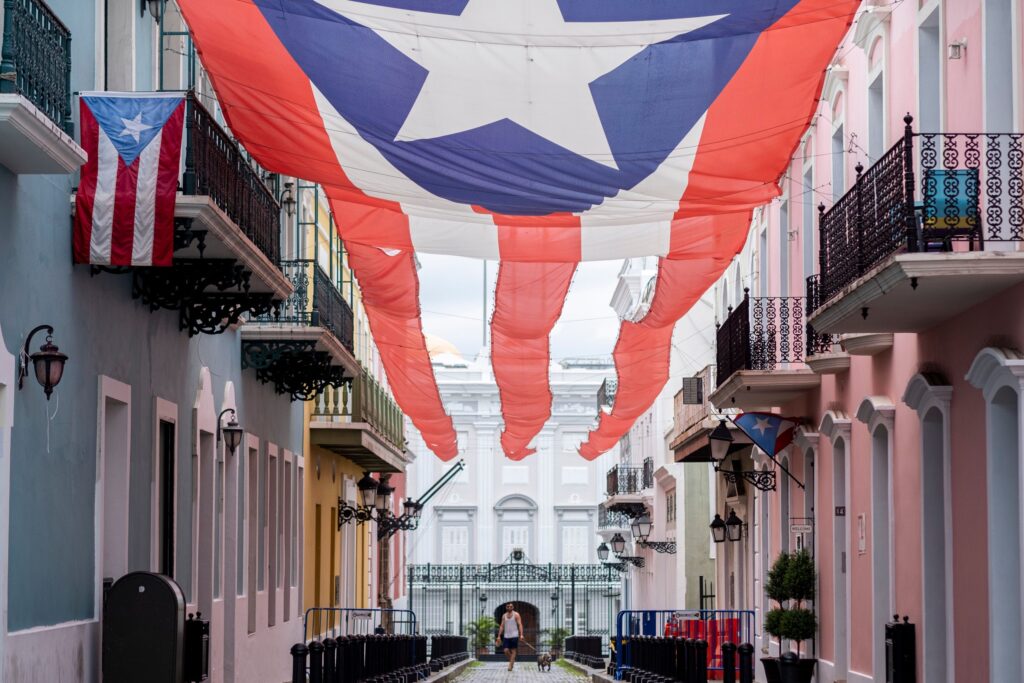
Puerto Rico offers a unique opportunity as a tax haven within the U.S. jurisdiction. Leveraging its tax incentives efficiently can significantly reduce your tax liability. Here’s how you can establish yourself or your business on this beautiful island.
Residency Requirements
Establishing residency is paramount to take advantage of Puerto Rico’s tax incentives. The criteria are straightforward but require commitment. You must:
- Spend at least 183 days in Puerto Rico during the tax year.
- Demonstrate intent to reside in Puerto Rico, such as purchasing property or enrolling children in local schools.
- Not have a tax home outside of Puerto Rico during the taxable year.
Meeting these requirements qualifies under the Individual Investors Act (Act 22), enabling 0% tax on dividend, interest income, and capital gains.
Setting Up a Business Entity
For entrepreneurs, Puerto Rico is enticing not just as a place to live but also to do business, thanks to the Export Services Act (Act 20 and Act 22). Here’s what you need to set up a business entity:
- Register your business with the Puerto Rico State Department. An LLC is a popular choice for its flexibility and protection.
- Apply for tax incentive decrees under Acts 20 and 22, which will grant your business a 4% corporate tax rate among other benefits.
- Establish a physical office on the island. Depending on your business needs, this can vary from a shared workspace to a dedicated office.
These steps ensure your business taps into the low tax rates and operational benefits that Puerto Rico as a tax haven offers.
Financial Considerations
While Puerto Rico provides significant tax savings, it’s wise to consider other financial implications:
- Initial setup costs can vary, including legal fees, business registration, and real estate investments.
- Ongoing costs of living and doing business on the island. While potentially offset by tax savings, these should be part of your financial planning.
- Banking and financing may differ from the mainland U.S., with local banks and international banks offering services tailored to businesses and residents in Puerto Rico.
Planning for these financial considerations ensure you’re well-prepared to make the most of what Puerto Rico has to offer. By strategically planning your business setup, you can harness the benefits of operating in a jurisdiction with substantial tax savings. And don’t forget while still enjoying the lifestyle and security that comes with being part of the U.S.territory.
Pros and Cons of Relocating to Puerto Rico Tax Haven
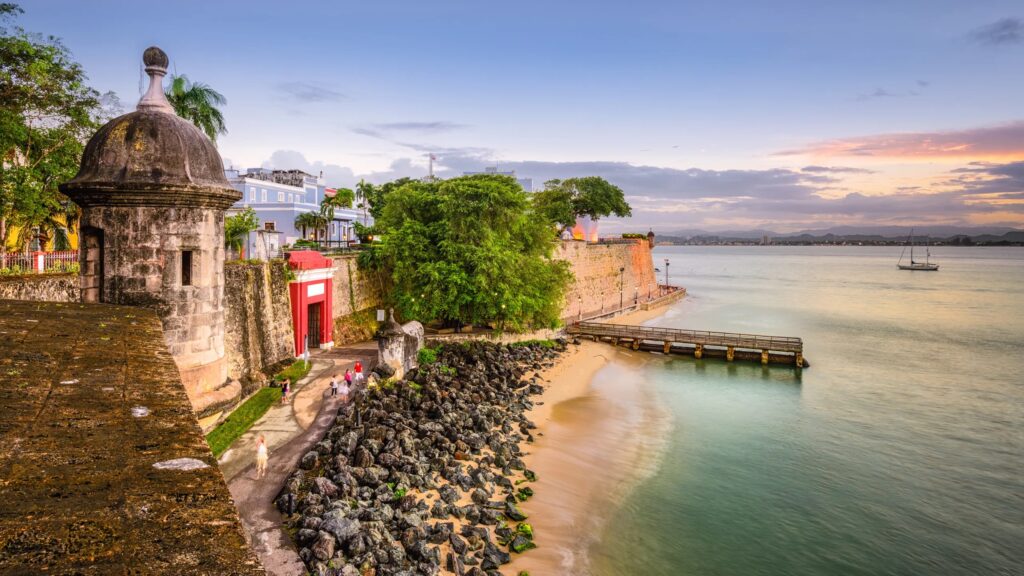
Puerto Rico offers a unique proposition for individuals and businesses looking for tax optimization strategies. By leveraging its status as a U.S. territory, Puerto Rico combines the benefits of a tax haven with the security of the U.S. legal framework. However, it’s essential to weigh both sides of the coin before making any decisions.
Pros of Puerto Rico as a Tax Haven
Puerto Rico stands out among tax havens due to its compelling tax incentives, which are not available to U.S. states with low income tax. Here are some of the advantages:
- Significant Tax Savings: With Acts 20 and 22, businesses can enjoy a 4% corporate tax rate, and individual investors can benefit from 0% tax on dividend and interest income and on capital gains. This is a stark contrast to the mainland U.S. tax rates.
- Legal Security: Being under U.S. jurisdiction offers a layer of legal protection and stability that is uncommon in typical tax havens.
- Ease of Business Setup: Establishing a business in Puerto Rico is straightforward, with clear steps and support from the local government to attract foreign investment.
- Access to U.S. Markets: Businesses based in Puerto Rico can easily access U.S. markets without the usual import/export tariffs, giving them a competitive edge.
These benefits make Puerto Rico an attractive destination for investors and entrepreneurs looking to optimize their tax situation while still operating within a U.S. context.
Cons of Puerto Rico as a Tax Haven
While the benefits are compelling, there are also drawbacks to consider:
- Residency Requirements: To qualify for the tax benefits, you must become a resident of Puerto Rico, which entails spending a significant portion of the year on the island.
- Economic Instability: Despite being a U.S. territory, Puerto Rico has faced economic challenges, including debt crises which may concern potential investors.
- Limited Services: The infrastructure and services, such as banking, may not meet the standards expected by some international businesses, particularly in comparison to the mainland U.S.
- Perception Issues: Although entirely legal, the use of tax havens can sometimes carry negative connotations, potentially impacting the reputation of your business.
Understanding these pros and cons is crucial for anyone considering Puerto Rico as their tax haven. It’s not just about the tax savings but also about how well your personal and business needs align with what Puerto Rico has to offer.
Conclusion

Exploring Puerto Rico as a tax haven reveals a blend of opportunities and challenges. You’ve seen how it offers considerable tax advantages within a secure legal framework, making it an attractive option for many. Yet, it’s vital to weigh these benefits against the potential drawbacks, from residency requirements to economic concerns. Your decision to leverage Puerto Rico’s unique position should be informed and strategic. Make sure you take into account both the short-term gains and the long-term implications. With the right approach, Puerto Rico could indeed be the tax haven that aligns with your financial goals and lifestyle preferences.
Frequently Asked Questions (FAQ)
1. What makes Puerto Rico a unique tax haven compared to other jurisdictions?
Puerto Rico stands out as a tax haven because it combines the legal and economic stability of being a U.S. territory with unique tax incentives not available in the 50 states. Its Acts 20 and 22 offer substantial tax savings, such as a 4% corporate tax rate and 0% tax on dividends, interest, and capital gains for eligible residents. This unique blend of benefits, within the framework of U.S. law, provides a compelling option for those seeking tax advantages without leaving the U.S. legal system.
2. How do I become eligible for the tax benefits offered by Acts 20 and 22 in Puerto Rico?
To become eligible for the tax benefits under Acts 20 and 22, you need to establish bona fide residency in Puerto Rico. This involves spending at least 183 days in Puerto Rico each tax year, demonstrating intent to reside in Puerto Rico, and not having a tax home outside of Puerto Rico during the taxable year. Additionally, for businesses, applying for and obtaining a decree under Act 20 is necessary, while individuals must apply for benefits under Act 22.
3. Can I still access the U.S. market without the federal taxes if I relocate my business to Puerto Rico?
Yes, businesses in Puerto Rico can access the U.S. market without the typical federal taxes due to the territory’s unique status. Act 20, specifically, encourages businesses that export services outside Puerto Rico, allowing them to enjoy lower corporate tax rates while still accessing the U.S. market, making it an attractive option for businesses looking to optimize their tax strategy.
4. What are the residency requirements to qualify for tax incentives in Puerto Rico?
To qualify for the tax incentives in Puerto Rico, you must establish bona fide residency. This means physically living in Puerto Rico for at least 183 days per year, not having a tax home outside of Puerto Rico, and demonstrating a closer connection to Puerto Rico than to any other place. This can include factors like owning a home in Puerto Rico, having your family live with you on the island, and registering to vote in Puerto Rico.
5. Are there any economic or infrastructure concerns I should be aware of before moving to Puerto Rico?
While Puerto Rico offers significant tax advantages, it’s important to be aware of its economic challenges, including a history of debt crises and recovery efforts. Additionally, while infrastructure in urban areas like San Juan is comparable to the U.S. mainland, some more remote areas may have limited services and infrastructure. Prospective residents should consider these factors alongside the financial benefits when making a decision.
Learn More
Offshore Freedom™ is a boutique coaching and consulting firm that helps investors and entrepreneurs live and invest internationally. We help our clients grow their businesses, pay less taxes, buy more real estate, and take advantage of global residency and citizenship by investment programs worldwide.
Schedule a 1 on 1 consultation with Dan Merriam, and let us help you design the life of your dreams and live the Offshore Freedom™ lifestyle. Ask questions and get answers about international real estate, tax planning, offshore banking, second residencies, citizenship by investment, lifestyle design and more.
This article is for informational purposes only; it should not be considered financial, tax planning, investment or legal advice. Consult a certified financial or investment professional in your jurisdiction of interest before making any major financial or investment decisions.
Writer in Tax Reduction, International Tax Planning, Travel, Citizenship by Investment, The Caribbean, Puerto Rico Tax Haven, US Taxes, Act 20, Act 22, Puerto Rico, Second Residence, Real Estate Investing, Asset Management, Lifestyle Planning, Countries with the Lowest Taxes, Company Formation, Offshore Banking, Asset Protection, Technology, Entrepreneurship

